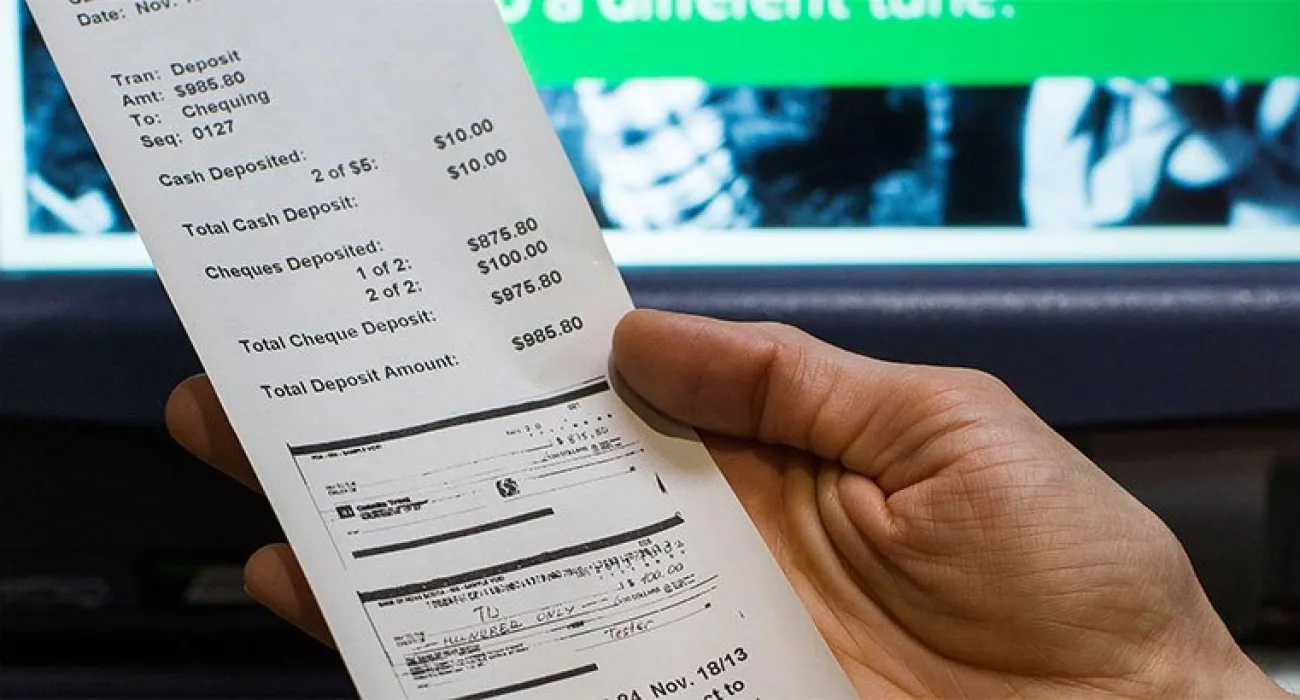If you make 50k, 100k, or 500k, you might still be living paycheck to paycheck. With more and more people using their ATM receipt as their check register and not reading their bills before clicking yes from online bill pay, this problem continues to grow in American. What's neat about oXYGen Financial is that we believe each family is the 'CEO' of their family finances and should treat it as a business.
No family has an infinite amount of revenue, so what is the smartest way to run the family profit or (lossL) statement to maximize cash flow to reach your financial goals? Thus, we like the language of spending plan for the profit and loss versus budget.
- Make sure you calculate your family revenue- include not just salary, but if you are going to earn overtime, bonus, raise, commissions, stock options, etc.
- Build a strategy to minimize income taxes. Of course, the more you are able to keep the more you have to reach your financial dreams and goals.
- Pay Yourself First (This one is VERY important) - you are really an employee in your company. This means you need to know off the TOP how much to put away for retirement, kid's college education, down payment for a new home, etc. The number might be $500 a month or 12%, but it will really depend on the goals of the family. If we are looking for rules of thumb, start at 10% and work your way to 20%. Eventually, you won't miss what you don't have.
- Rule Of 1/3rd's- EVERY time you get a pay raise, bonus, etc. Assume a 1/3rd will go to tax, 1/3rd enjoy for fun, vacation, purchases, and SAVE a 1/3rd. This way you won't outstrip your cash flow as income grows.
- Assess your fixed expenses- This includes line items including mortgage, electricity, gas, phone, etc. Although fixed expenses are harder to change, every family should shop their fixed bills at least once a year to try to get a better deal. I promise you Verizon won't call you to lower your rate until the next time you upgrade your phone. This can trim extra cash flow into the family spending plan or it may be a sobering exercise to recognize you need to downsize your home.
- Assess your discretionary expenses- This is truly the black hole for most families, largely due to credit and debit cards because families don't SEE the money coming out of their pocket. This (especially in Atlanta) includes car payment (this isn't a fixed expense), dining, entertainment, vacations, kids summer camps, etc. Most families hardly ever take a look at this and often feel guilty when they do.
- Look at debt structure- You may have mortgage debt, credit card debt, car debt, or student loan debt that is chewing away at your family profit and loss. Great time to examine interest rates, types of debt that may be tax deductible vs. ones that are not, and make a game plan to lighten your backpack by reducing debt.
- Get the budget electronic- Excel spreadsheets are yesteryear- we have a system to scrape in all of the transactions (as do sites like Mint.com) so you can get a daily granular view of your overall situation. What you track, inspect, and make visible you will often be able to change.
- Have a plan to review- whether it is monthly, quarterly, or yearly, no CEO goes without examining the numbers.
- Take a deep breath- It isn't easy getting started on this as is true with diet and exercise. Just because you have a college degree or an MBA doesn't mean you should be an expert in personal finance. All of us have made financial mistakes, so don't feel embarrassed or ashamed. It can always be turned around.
Written by: Ted Jenkin
Request a FREE consultation: www.oxygenfinancial.net
If you would like to receive more information on making smart money moves for your future, be sure to contact us today!




